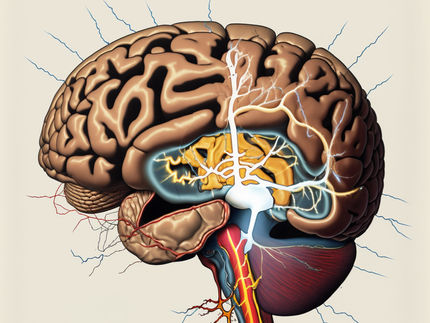Cause of brain sensitivity to lack of oxygen discovered
Discovery opens doors for new stroke therapy
Advertisement
Researchers at Maastricht University Medical Center and Maastricht University have discovered why the brain is more sensitive to oxygen deprivation, or hypoxia, than other organs. Hypoxia caused by a stroke, for example, activates a specific mechanism that is protective in other organs but can be detrimental to the brain. 'This discovery solves a long-standing mystery of the unique sensitivity of the brain to hypoxia,' says head researcher and professor Harald Schmidt.
In most cases, a stroke is caused by a blocked artery in the brain, which deprives the brain of oxygen. To prevent brain death, the blood clot must be dissolved with an anticoagulant or removed via a catheter. Stroke victims that survive are left with detrimental symptoms, regardless of how quickly they were treated. These symptoms may include severe paralysis and speech disorders.
Self-destruction
An enzyme was found to play a crucial and specific role during a stroke. Following oxygen deprivation, this enzyme, known as NOX4, is produced by several organs and muscles. In all investigated cases, however, NOX4 is harmless, with one notable exception: the production of NOX4 in the brain is disastrous. How this happens is now clear down to the cellular level. First, the enzyme triggers the breakdown of cells of the blood-brain barrier, which protects the brain against blood and other components. Second, NOX4 also triggers a self-destruction mechanism in neurons. This combined effect results in physical and mental problems. When the NOX4 gene is deleted or the NOX4 enzyme inhibited with drugs, the blood-brain barrier and neurons remain intact and brain damage is prevented.
Therapy
This important finding opens news doors for treating post-stroke brain damage. "We've known for some time that oxygen deprivation leads to brain damage, we just never knew why. The crucial role the NOX4 enzyme plays will help us develop new treatment options to protect the brain after a stroke.' With the help of a proof-of-concept grant provided by the European Research Council the Maastricht researchers are already one step further by developing drugs that are capable of inhibiting the disastrous effects of this enzyme as soon as possible for patient therapy.



























































